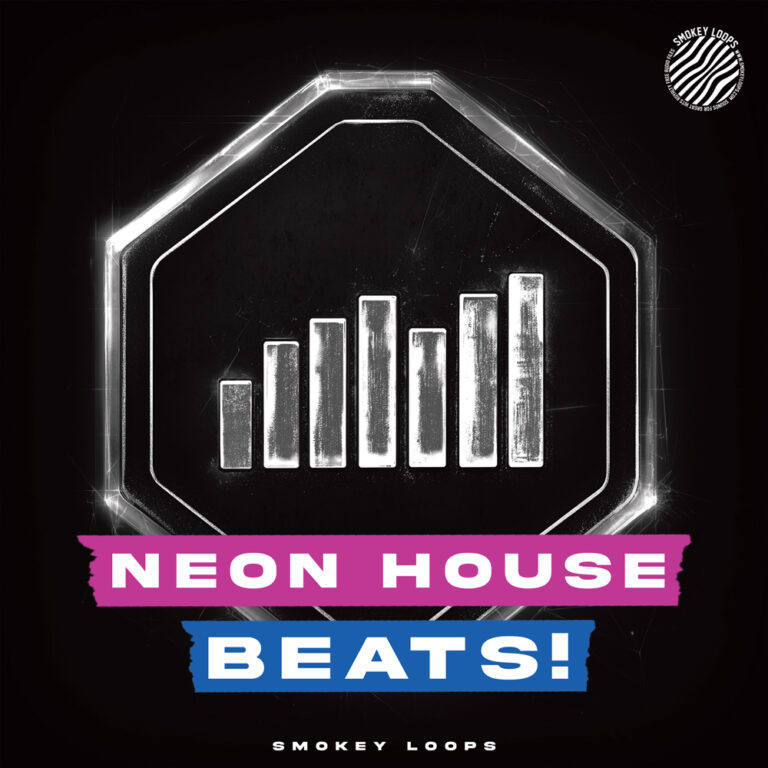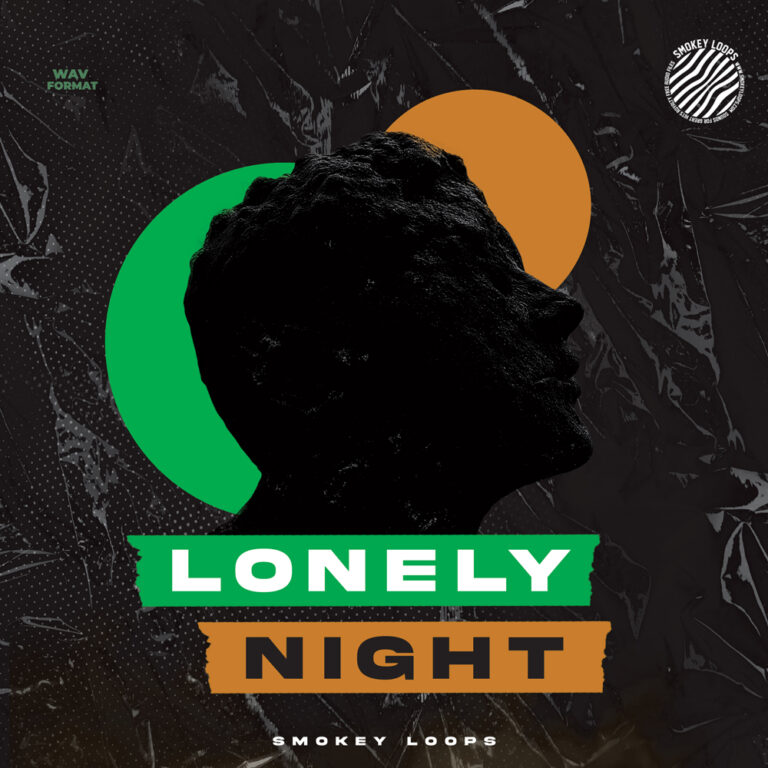The Dark Side of EDM: The Impact of Music on Mental Health
One of the most important things that can be done is to promote mental health awareness. This could include providing education and resources about the potential negative effects of EDM on mental health, as well as information about where to seek help if needed. This could be done through online resources, workshops, or mental health professionals on-site at events.
Another step that can be taken is to provide support for both fans and artists. This could include providing a safe and comfortable space for people to talk about their feelings, as well as offering counseling and therapy services. Support groups for those who have experienced depression or anxiety in the context of EDM can also be helpful.
Additionally, encouraging healthier lifestyles and behaviors can also play a role in addressing music-related depression. This could include promoting healthy eating habits, regular exercise, and adequate sleep. It can also include discouraging excessive substance use and partying, which can lead to feelings of burnout and depression.
Another possible solution is to create a more inclusive and diverse environment in the industry. This can include promoting more diverse representation in terms of the performers, attendees, and industry leaders. This can create a welcoming and safe space for everyone and can also help to reduce feelings of isolation and loneliness.
Here are some tips for dealing with feelings of depression that may be triggered by music:
- Limit exposure to depressing music: If certain songs or genres of music tend to bring on feelings of depression, try to limit your exposure to them. Instead, focus on listening to music that makes you feel good and uplifts your mood.
- Use music to express emotions: Instead of bottling up feelings of sadness or depression, try using music as a way to express and process those emotions. This can be done through writing your own music or lyrics, or by listening to music that reflects your current emotional state.
- Engage in other activities: To distract yourself from feelings of depression, try engaging in other activities that you enjoy. This could include exercise, spending time with friends and family, or pursuing a hobby.
- Seek professional help: If you find that your depression is severe or persistent, it may be helpful to seek professional help. A therapist or counselor can help you to better understand and cope with your feelings, and may recommend other forms of treatment such as medication.
- Practice mindfulness: Mindfulness techniques such as meditation, deep breathing, and yoga can help you to focus on the present moment and let go of negative thoughts.
- Connect with others: Reach out to friends, family, or support groups to talk about your feelings. Sometimes just talking to someone can help to ease feelings of depression.
- Use music therapy: There is a type of therapy called Music Therapy. This approach uses music to promote emotional, social, cognitive and physical well-being. A therapist can use music in different ways such as listening, composing, singing, and playing instruments, to help you cope with feelings of depression.
Finally, it’s important for individuals to take responsibility for their own mental health, and seek help if they feel they need it. This could include talking to friends or family, or seeking out professional help from a therapist or counselor.
It’s important to note that this is a complex issue and there is no one-size-fits-all solution. A combination of different approaches can be taken to address music-related depression in the EDM industry.
| Key Points | Description |
| Promote mental health awareness | Provide education and resources about the potential negative effects of EDM on mental health, as well as information about where to seek help if needed. This could be done through online resources, workshops, or mental health professionals on-site at events. |
| Provide support for fans and artists | Create a safe and comfortable space for people to talk about their feelings, as well as offering counseling and therapy services. Support groups for those who have experienced depression or anxiety in the context of EDM can also be helpful. |
| Encourage healthier lifestyles and behaviors | Promote healthy eating habits, regular exercise, and adequate sleep. Discourage excessive substance use and partying, which can lead to feelings of burnout and depression. |
| Create a more inclusive and diverse environment | Promote more diverse representation in terms of the performers, attendees, and industry leaders. This can create a welcoming and safe space for everyone and can also help to reduce feelings of isolation and loneliness. |
| Take responsibility for personal mental health | Seek help if needed, talk to friends or family, or seek out professional help from a therapist or counselor. |
| Limit exposure to depressing music | Limit exposure to songs or genres of music that tend to bring on feelings of depression. Instead, focus on listening to music that makes you feel good and uplifts your mood. |
| Use music to express emotions | Use music as a way to express and process emotions. This can be done through writing your own music or lyrics, or by listening to music that reflects your current emotional state. |
| Engage in other activities | Distract yourself from feelings of depression by engaging in activities that you enjoy. This could include exercise, spending time with friends and family, or pursuing a hobby. |
| Seek professional help | If depression is severe or persistent, seek professional help from a therapist or counselor. |
| Practice mindfulness | Use mindfulness techniques such as meditation, deep breathing, and yoga to focus on the present moment and let go of negative thoughts. |
| Connect with others | Reach out to friends, family, or support groups to talk about your feelings. Talking to someone can help to ease feelings of depression. |
| Use music therapy | Use music therapy, a type of therapy that uses music to promote emotional, social, cognitive and physical well-being to help cope with feelings of depression. |



